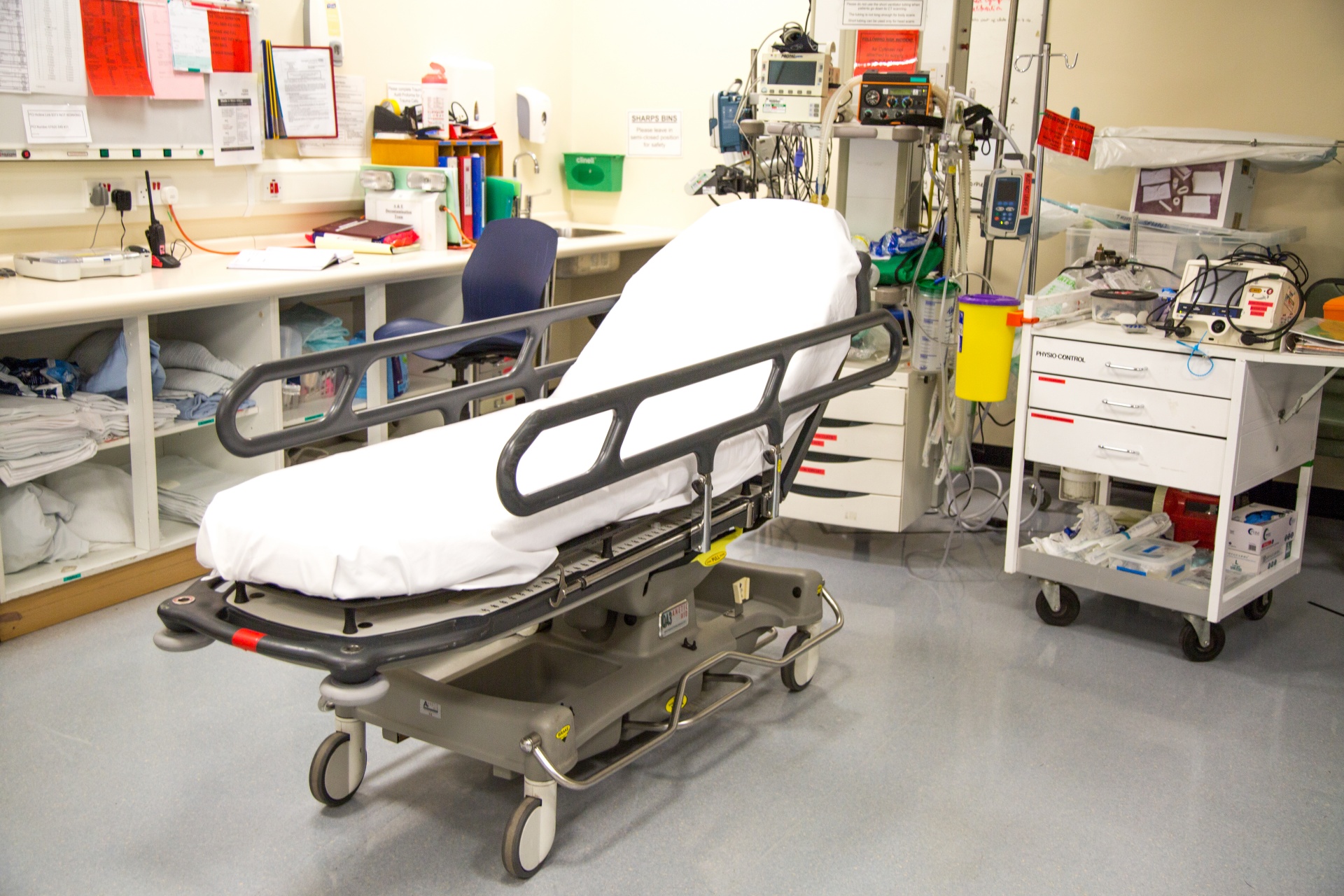by Rabbi Zev Smason in the St. Louis Jewish Light
Elizabeth Kubler-Ross, a Swiss American psychiatrist, told of a terminally ill woman who was in the hospital and begged the doctors to help her survive long enough to attend her son’s wedding. If she could just get to the wedding, she said, she could die in peace. So they did everything possible to have her at her highest level of well-being.
The day of the wedding all her intravenous lines and tubes were removed. She was dressed up and made up until she looked beautiful, and off she went to the wedding. When she returned to the hospital, everyone was expecting her to stagger onto her bed, lie down and die. Instead, she came back into the ward, she called the doctors, and said, “Don’t forget, I have another son.”
Enjoy what you're reading? Subscribe for more!
How does the Torah look at praying for the terminally ill? Would prayers that could possibly ask God to perform a miracle be appropriate or even permissible? And if not, how should one approach prayer in such a dire situation? Is prayer ever futile?
Numerous Torah sources argue that it is a mistake to ever lose hope. Prayer, even for a patient who is told that they have little or no hope of recovery, is a time-tested Jewish approach. In the face of seemingly insurmountable odds, Jewish law emphasizes the importance of always continuing to pray.
Today more than even, a “terminal” diagnosis is not a death sentence. There is no infallibility in a physician’s diagnosis of an incurably ill patient. We should also recognize that some diseases can be controlled for years or even decades, during which time new medications and treatments can be discovered. Additionally, many examples exist of those who were told they had as little as weeks to live but went on to live productive, enjoyable lives for years and even decades.
Jane Plant, professor of geochemistry in London, diagnosed with breast cancer when she was 42, was told at the time of her diagnosis that she had at most two months to live. Jane passed away in 2016 at the age of 72. Guitarist Wilko Johnson performed a farewell tour in 2013, after being diagnosed with terminal pancreatic cancer. Johnson was told by his physicians that he had nine or 10 months to live but stunned his doctors by living an additional nine years.
In our daily prayers we refer to God as Shome’a tefilla, “He who listens to prayer.” Note that we don’t refer to God as a Mekabel tefilla, “One who accepts our prayers” and who says yes to our specific requests. But even if the patient isn’t cured, it is possible that his or her suffering will be even slightly diminished as the result of our prayers. Additionally, the patient may live longer than they would have otherwise. Why would this be desirable? The Torah emphasizes that every moment of life has tremendous value. Praying in the face of seemingly insurmountable odds is expressed in the well-known Talmudic statement, “Even if a sword is placed on one’s neck, one should not despair of God’s mercy.” Prayer can infuse the terminally ill patient with hope as an affirmation that there are ways of finding optimism and courage in even the bleakest of situations.
It is always essential to pray, even when there appears to be no chance of recovery or any hope our prayers will be answered. In addition to the efficacy of prayer and the hope and support it brings to the terminally ill patient, prayer creates a meaningful relationship between ourselves and God. Even if we don’t receive what we pray for, thoughtful prayer uplifts us and connects us to the Almighty. It humbles us to realize that although we care passionately about the outcome, we have no idea what will happen. This humility spiritually elevates us and connects us to God and enables us to accept His will.
A nurse who works in an ICU offered several important insights. She said that the reason people find praying frustrating is because they expect a total cure, and that they need to realize that there is much more to pray for with regard to an incurably ill individual than his or her complete recovery.
Here are some of the things she suggested people pray for: That the sick person not suffer too much pain, anxiety, depression or loneliness; that the sick person be treated gently and with dignity by the medical staff; that the veins of the sick person be easy to find for intravenous injections; that the family have the strength to hold up under the strain and to not abandon the patient; that the correct decisions, medical and ethical, be taken by the family, patient, doctor and rabbi. “If you pray for all of the above for a sick person,” the nurse said, “you will find that many of your prayers will be answered”
We all have much to pray for. May all in need of a refuah (healing) experience a full, speedy recovery. And may we accept that our prayers will be answered in the way God best chooses to do so.


